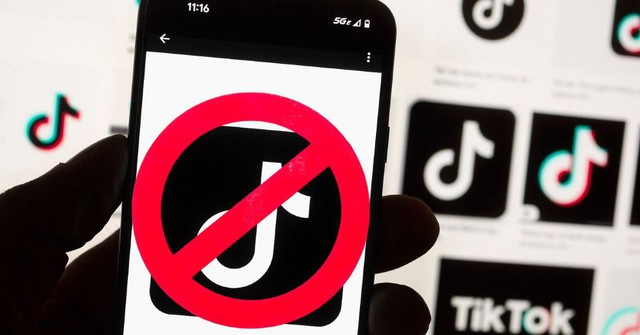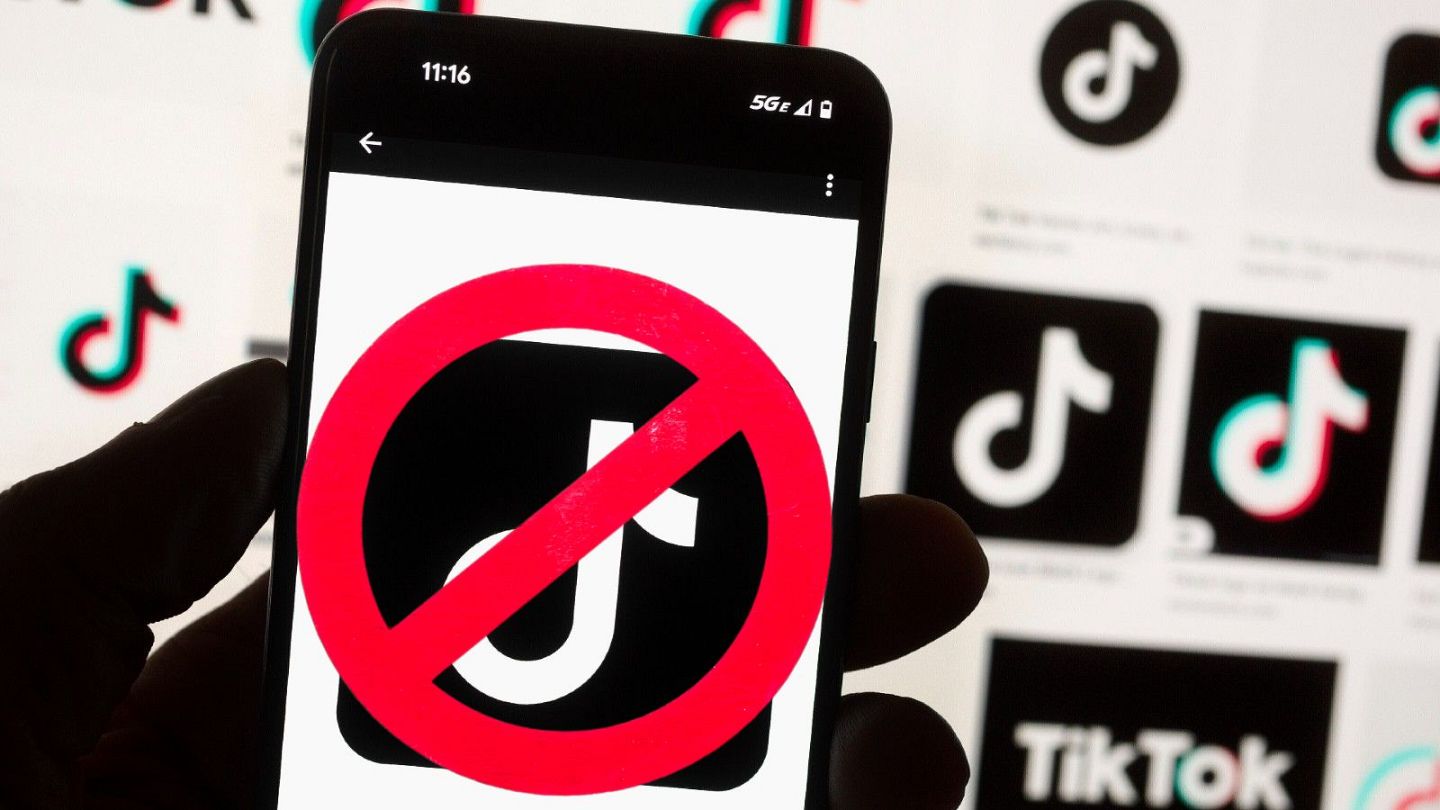New trend on TikTok: Young people exhort and teach each other how to detox from TikTok because they know everyone is tempted to “surf forever”
- Tram Ho
Currently, the political and legal scrutiny of some social media platforms is running high. TikTok – a video social network originating from China is the focus when it is facing bans in many countries around the globe. It can be said that TikTok is the most powerful social network today with its “addictive” nature, creating a very strong trend.
On March 23, TikTok CEO Shou Chew faced criticism from US lawmakers when he appeared before the House Energy and Commerce Committee. Aside from the political issue, they questioned TikTok’s user data collection practices and its impact on children.

A “war against TikTok” has broken out
With allegations that TikTok affects the lives and mental health of users, especially young people, many people are setting up campaigns to help people quit TikTok addiction.
College student Emma Lembke is taking action against what she sees as the harmful effects of social media on her generation. Emma is the founder of the Sign Out Movement – a campaign to urge people to stop surfing and put down their phones.
Like many other friends, the young girl herself is a longtime “addict” to social networks. After years of “rolling her hands unconsciously” on different apps for five to six hours a day, Emma Lembke recalls the moment she needed to give up: “ I remember hearing the phone ring, maybe is a Snapchat notification, something is trying to pull me in and I immediately have an unconditional type reaction to grab the phone. And it was in that moment – in that unexpected millisecond, that I asked myself ‘Why can I allow these apps to have so much control over me?’ “.

Emma Lembke was the last of her friends allowed to use social media. Before she could freely use her smartphone, she thought that the world must be so “mysterious, magical and interesting” that her friends were all addicted.
“ I remember seeing all my friends ignoring me. Every time they looked up at me, they only talked a few sentences and then were glued to the screen again. People are spending more and more time on their phones and screens than talking to me in person, or with anyone ,” Emma shared.
When the sophomore at the University of Washington “stepped into” the virtual network, she was immediately attracted.
“ I first got my social media account when I was 12 years old, starting with Instagram and other platforms like Snapchat,” she said. When a 12-year-old girl started spending more time on these apps, my physical and mental health really took a hit .”
What Emma saw on her account began to shape her self-esteem and identity.
“ I scrolled and surfed non-stop, constantly quantifying my worth through likes, comments and followers,” she said. And that quantification really makes me more anxious, more insecure every day, and deepens my depression .”

The dubious algorithms of platforms like TikTok have also pushed her down a dark path of unrealistic body standards or harmful eating habits. The absurd social norms on TikTok or any similar social network are manipulating young people every day that they even realize they can’t get rid of.
So, instead of turning off TikTok, Emma used TikTok herself to post content calling for people to join her Sign Out Movement.
On TikTok, the hashtag #TikTokban (ban TikTok) has now also attracted 1.7 billion views. The content of the videos includes support for stricter or even abolished TikTok control laws. There are also many TikTokers that show viewers how to “detox” TikTok.
TikTok’s workaround
TikTok users will soon have the option to turn on reminders that remind them to pause the app after a set amount of time. On March 23, the company said it would roll out weekly “digital health reminders” for teens who use the app for more than 100 minutes a day. Going forward, when users aged 13 to 17 open the app, TikTok will remind them of screen time limits.

However, this move is considered not enough to prevent users’ “addiction” to surfing the screen because they will certainly have a way to circumvent the law. Besides, the problems that TikTok creates are much broader, so it can’t be solved only by controlling operating hours.
“ These tools are like handing out smoking cessation patches to kids after giving them a pack of free cigarettes and encouraging them to smoke, ” says Ed Howard, senior advisor at the University’s Children’s Advocacy Institute. San Diego (USA) commented.
Source: CNN
Source : Genk
